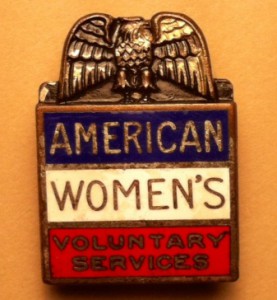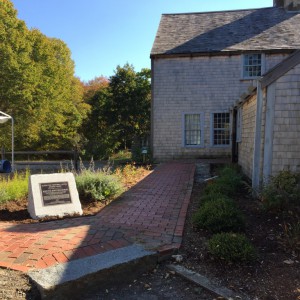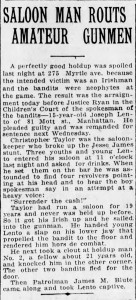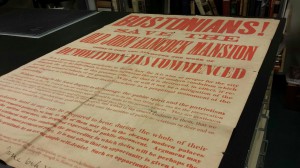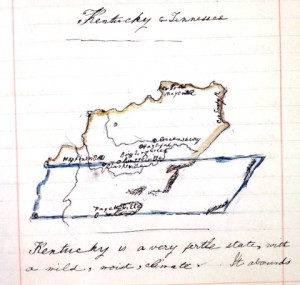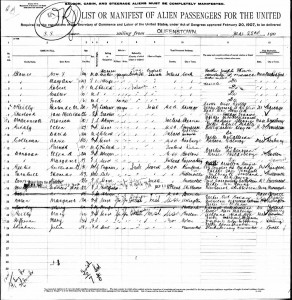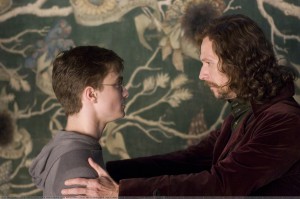
I’ll be blunt: J.K. Rowling is my favorite author. I’ve read (and reread) all of her books, watched her interviews (including an episode of Who Do You Think You Are?), and I follow her on Twitter and Facebook. She has entertained me for countless hours, allowing me to explore my imagination well beyond the socially acceptable limits for those in their adult years. I am always looking forward to the newest material from the mind of Ms. Rowling.
And while I love her creativity and passion for writing, I am often most impressed with her dedication to the authenticity of the story (even when it is a story about witches and wizards). Continue reading The Noble and Most Ancient House of Black
